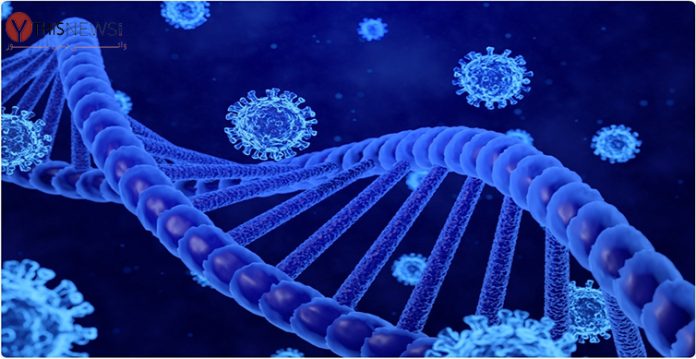It has only been a few years since CRISPR (Clustered Regularly Interspaced Short Palindromic Repeats) has risen to prominence as a powerful gene-editing tool that could potentially prevent many diseases of the future and even influence the evolution of humankind.
With CRISPR, geneticists can modify human DNA sequences and gene function. Due to CRISPR’s potential to develop therapeutic applications and uncover permanent solutions to diseases that have plagued us for decades, a multitude of research studies have been conducted on the technology.
CRISPR may well provide individuals with highly customised therapeutics for diseases such as cancer, sickle cell anaemia, diabetes, HIV, high cholesterol, and even muscular dystrophy in the coming years.
In a similar way to how silicon, which is now an integral part of all electronic devices, including computers, has revolutionized the IT sector, there is a growing consensus that CRISPR could have a similarly transformative effect on human genetics and medicine as well.
ALSO READ: Shamli Police Orders Dna Test of Stolen Buffalo
While CRISPR has so much promise, there are also ethical questions, since geneticists may be able to manipulate the human genome through CRISPR while an embryo is still developing. Researchers believe that these types of research could lead to the creation of ‘CRISPR babies,’ who can resist diseases from birth. It is still difficult to understand the side effects of CRISPR despite its advantages.
Exactly what are CRISPR babies?
In the year 2018, the entire medical community was stunned by the announcement made by He Jiankui, a Chinese biophysicist from Shenzhen, who announced he had created the world’s first gene-edited babies who were less susceptible to HIV or who were resistant to it.
To make human embryos less susceptible to HIV, the Chinese team used the gene-editing system. This edit was designed to interfere with the entry of HIV into immune cells by disrupting a gene that codes for such a protein.
Legal and ethical questions were raised by the study by Chinese researchers. As a result of CRISPR technology, super-humans could be created who aren’t susceptible to diseases that have traditionally challenged the public healthcare system. Gene editing in humans allows for ‘changes’ to be made to the human genome that can be passed on to future generations, raising ethical and moral concerns.
According to Jennifer Doudna, co-developer of CRISPR and fellow Nobel Prize winner Emmanuelle Charpentier, who spoke with MIT Technology Review on CRISPR’s potential for building engineered human babies, ‘at present, CRISPR should not be used clinically on humans. “I don’t believe CRISPR is appropriate for human embryos yet,” she said.
(This story has been sourced from a third-party syndicated feed, agencies. Raavi Media accepts no responsibility or liability for the text’s dependability, trustworthiness, reliability, and data. Raavi Media management/ythisnews.com reserves the sole right to alter, delete or remove (without notice) the content at its absolute discretion for any reason whatsoever.)


